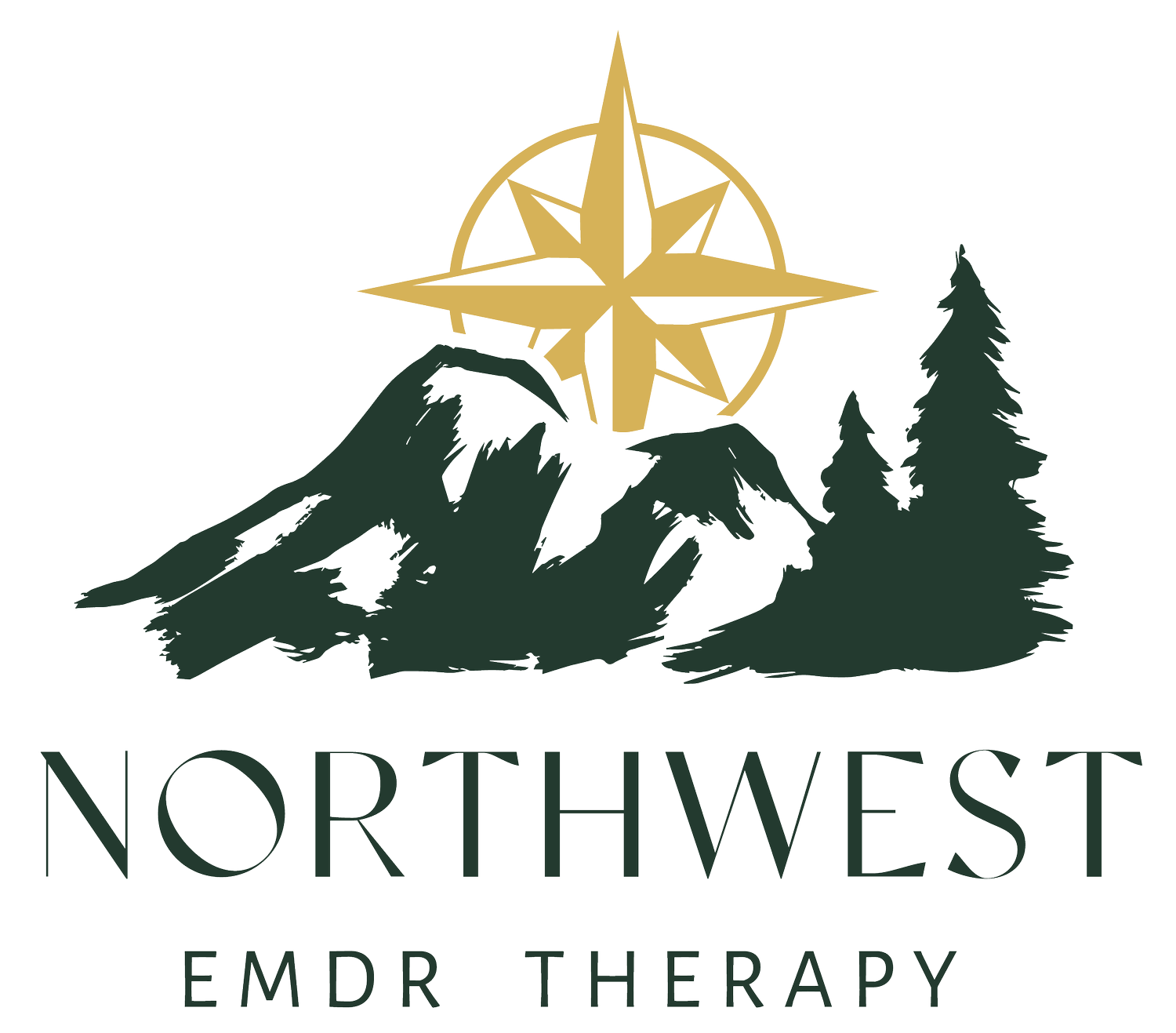Now offering Telehealth appointments! Contact us today to discuss our Telehealth options.
Medical Trauma
Medical trauma is a profound and often overlooked form of psychological distress that can result from various healthcare experiences.
Northwest EMDR can help you understand the concept of medical trauma, its causes, and symptoms — as well as how the therapeutic approach known as Eye Movement Desensitization and Reprocessing (EMDR) can potentially aid in recovery.
Understanding Medical Trauma
Medical trauma in a psychological setting refers to distress experienced by individuals that is caused by or linked to medical procedures, medical diagnoses, or healthcare-related events.
It can manifest as fear, anxiety, or even post-traumatic stress disorder (PTSD) following medical interventions.
Understanding the nature and impact of medical trauma is crucial to providing effective treatment. Individuals with medical trauma may find trauma-based therapy beneficial for a number of reasons.
It should be noted that there are distinctions between psychological trauma and the “trauma medical definition”. Medical trauma can refer to damage to your body and its tissue due to violence or an accident.



What Causes Medical Trauma?
Answering the question of “what is medical trauma” necessitates a closer look at its potential causes. Medical trauma can be caused by a number of medical interventions or procedures, including:
- Procedures: Intense surgeries, invasive medical tests, or treatments that involve pain, anesthesia, or loss of control over your body and its regular functions.
- Serious diagnoses: Receiving a life-changing or terminal diagnosis can lead to profound emotional distress.
- Complications or medical errors: Mistakes, complications, or adverse reactions during medical procedures can leave lasting emotional scars.
- Prolonged hospitalizations: Extended stays in medical facilities can lead to feelings of isolation, helplessness, and vulnerability.
Serious interventions that involve your body can be difficult to process on their own, and if your mobility, cognition, bodily functions, or emotions are affected by your medical treatment, then seeking psychological care might be beneficial.
Medical Trauma Symptoms

Like other types of trauma, individuals with medical trauma can experience complications or long-term effects to their physical and mental health.
Symptoms of medical trauma may vary from person to person but often include:
- Flashbacks and nightmares related to medical events.
- Anxiety, panic attacks, or avoidance of medical care.
- Intrusive thoughts about the traumatic event.
- Emotional numbness, depression, or withdrawal.
- Physical symptoms like headaches, digestive issues, or fatigue.
In some cases, medical trauma can result in an individual refusing to seek further medical help (or expressing great reluctance to see a doctor, take prescriptions, etc.).
EMDR and Medical Trauma
Eye Movement Desensitization and Reprocessing (EMDR) is a therapeutic approach that has shown promise in treating various forms of trauma, including medical trauma. EMDR focuses on processing and reprocessing traumatic memories, reducing their emotional impact.
EMDR is a unique therapeutic approach that addresses the emotional aspects of trauma. It could be right for individuals experiencing medical trauma if they struggle with distressing medical memories or thoughts.
Individuals who want to reduce anxiety and emotional reactions related to healthcare experiences are encouraged to seek a therapist with expertise in EMDR and medical trauma.

What To Expect From an EMDR Session
EMDR sessions may differ from patient to patient, so your experience may be slightly different than the below description. That said, an EMDR session typically involves the following stages:
- Assessment: The therapist evaluates the client’s medical trauma history and identifies target memories.
- Desensitization: The client focuses on the traumatic memory while engaging in bilateral stimulation, such as eye movements or tapping, to reduce emotional distress.
- Reprocessing: The therapist helps the client replace negative beliefs and emotions associated with the trauma with more positive ones.
- Integration: The client works to integrate the new beliefs and emotions into their daily life.
Our Medical Trauma Therapy
At Northwest EMDR, we offer specialized therapy services for individuals dealing with medical trauma. Our experienced therapists are trained in EMDR and other evidence-based therapies to help you heal from your medical trauma.
Aside from EMDR, Northwest provides a wide range of therapy options to address various mental health concerns. These include:
Cognitive-Behavioral Therapy (CBT): A goal-oriented therapy that focuses on changing negative thought patterns and behaviors.
Talk Therapy: Traditional psychotherapy that provides a safe space to discuss and process emotions and experiences.
Group Therapy: Supportive group settings where individuals can share and learn from others facing similar challenges.
Family Therapy: A family-centered approach to addressing relational and communication issues.
Make an Appointment with a Medical Trauma Therapist Today!
Eye Movement Desensitization and Reprocessing (EMDR) is a therapeutic approach that has shown promise in treating various forms of trauma, including medical trauma. EMDR focuses on processing and reprocessing traumatic memories, reducing their emotional impact.
EMDR is a unique therapeutic approach that addresses the emotional aspects of trauma. It could be right for individuals experiencing medical trauma if they struggle with distressing medical memories or thoughts.
Individuals who want to reduce anxiety and emotional reactions related to healthcare experiences are encouraged to seek a therapist with expertise in EMDR and medical trauma.

Copyright 2021 Northwest EMDR Therapy
Contact
Email: contact@northwestemdr.com
Phone: (360) 953-3199
Address: 7700 NE Parkway Drive Suite 215
Vancouver, Washington 98662
